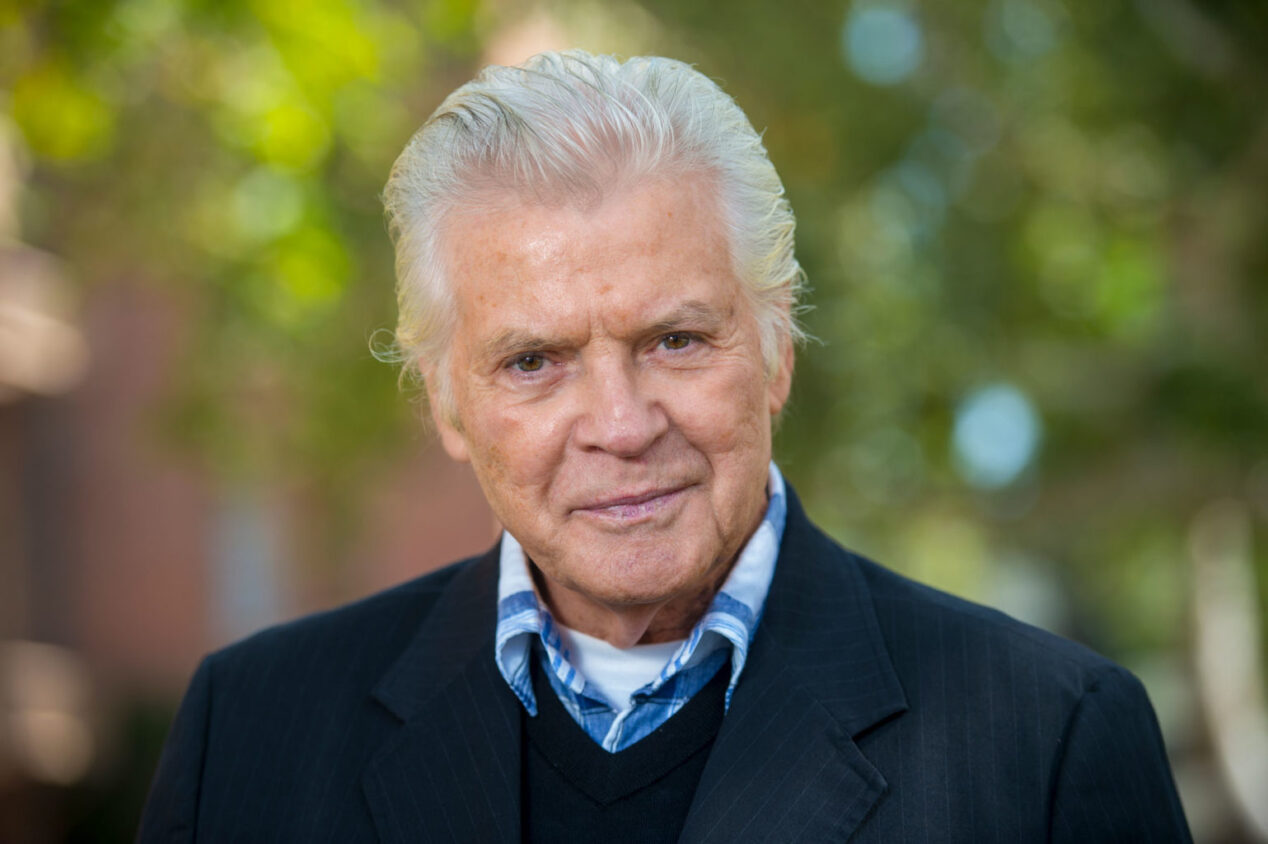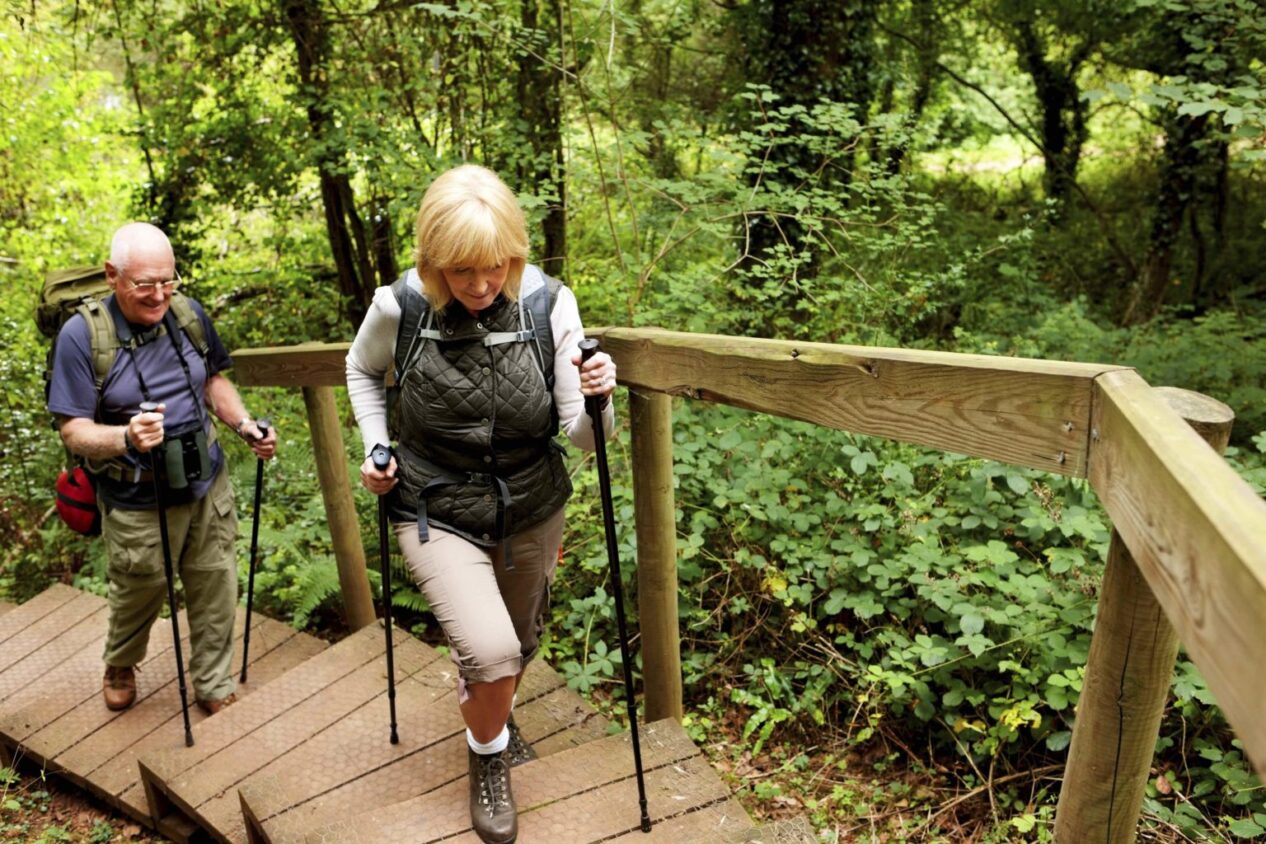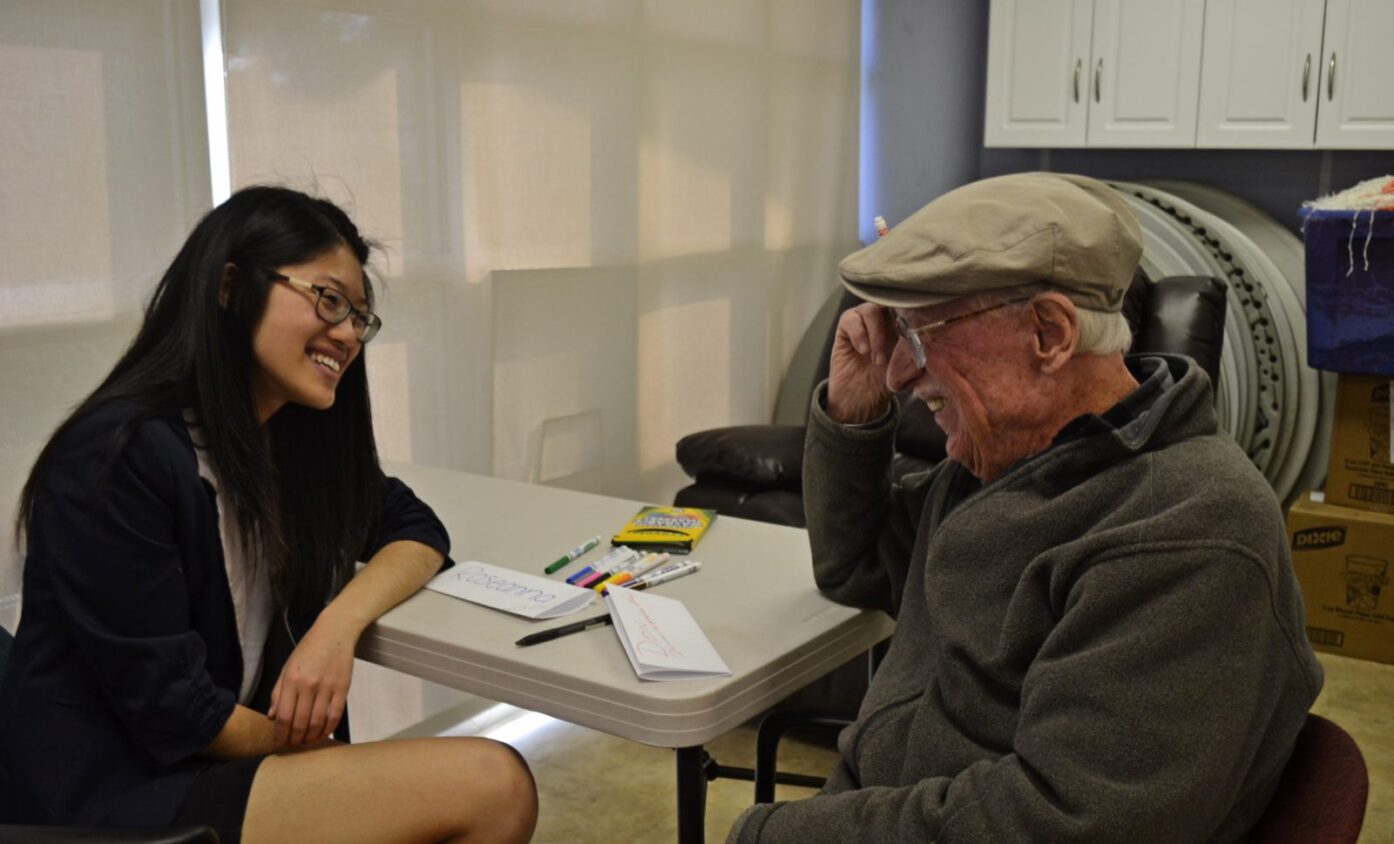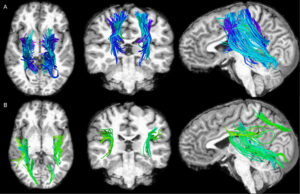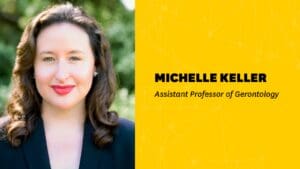Media Advisory
Contact: Orli Belman, obelman@usc.edu, 213 821-9852
What: At a special legislative hearing at the University of Southern California, the California Task Force on Family Caregiving will release their final report featuring seven recommendations on how to better support and provide for family caregivers.“This report will help California begin to develop an action plan to help caregivers in the state today and to construct a better way to respond in the future,” says Donna Benton, a research associate professor at the USC Leonard Davis School of Gerontology and chair of the 12-person, legislatively-appointed task force.
Who: In addition to the task force members, other expected attendees include individual caregivers, state assembly members, representatives from the California Commission on Aging the USC Leonard Davis School of Gerontology, AARP and the Archstone Foundation. The meeting will be chaired by Assemblymember Ash Kalra, Chair of the Assembly Aging and Long-Term Care Committee.
When: 1:00 – 3:00, Thursday, July 19, 2018 – Informational Hearing of the Assembly and Long-Term Care Committee. A reception will be held immediately following the public hearing.
Where: USC Leonard Davis School of Gerontology auditorium. 3715 McClintock Avenue, Los Angeles, CA 90089. Parking is available in the USC Downey Way structure for anyone attending the hearing. Enter campus at Vermont and 36th Place.
Why: The California Task Force on Family Caregiving was established to address the challenges
encountered by California’s 4.5 million family caregivers who care for individuals ages 18 and older. Family caregivers provide close to $60 million worth of care and assistance each year and face many challenges, including balancing employment and caregiving, accessing culturally relevant and competent services, paying for supportive services, and attending to their own health and wellbeing. Existing policies in California to support caregivers have not kept pace with changing needs. The Task Force recommendations are intended to bridge the gap between existing policies and the challenges faced by California’s caregivers.
“We want to continue to have California be an exemplar and to develop innovative ways of addressing caregiving needs, which are only going to increase with the aging of the population,” said Kate Wilber, Mary Pickford Foundation Professor of Gerontology at the USC Leonard Davis School and leader of the USC administrative and research team supporting the Task Force.
Resources:
Facts and figures included in the report:
- 1 in 4 caregivers are Millennials.
- Caregivers endure higher rates of cardiovascular risk factors, poorer immune functioning, and higher levels of depression than noncaregivers.
- 36% percent of family caregivers to adults above the age of 50 report feeling financial strain from their caregiving duties.
- Approximately 10% of caregivers leave the workforce prematurely to provide care.
- Women who are caregivers who stopped working were 4.3 times more likely to experience poverty than non-caregivers who did so.
- African-American/Black and Hispanic caregivers spend a higher proportion of their income on out-of-pocket costs to provide care than Caucasian/White and Asian caregivers.
- Despite having the oldest paid family leave law in the nation, just 11.6% of paid leave claims in California were taken by family caregivers from March 2017 to April 2018.
- Over 80% of caregivers indicate they need more information on caregiving-related topics. Additionally, existing materials are often only available in English and providers may not have training in cultural competence.
- In 2009, funding for California’s unique Caregiver Resource Centers was cut by 74%, from $10.5 million. In 2015, a $2 million recovery restored some of these funds, but current levels of funding remain far below 2008 levels and are inadequate to meet demands.
More: The Task Force was authorized by California Assembly Concurrent Resolution (ACR) 38. Administrative support, including convening the Task Force, is funded by grants from AARP California and the Archstone Foundation to the University of Southern California Leonard Davis School of Gerontology.

